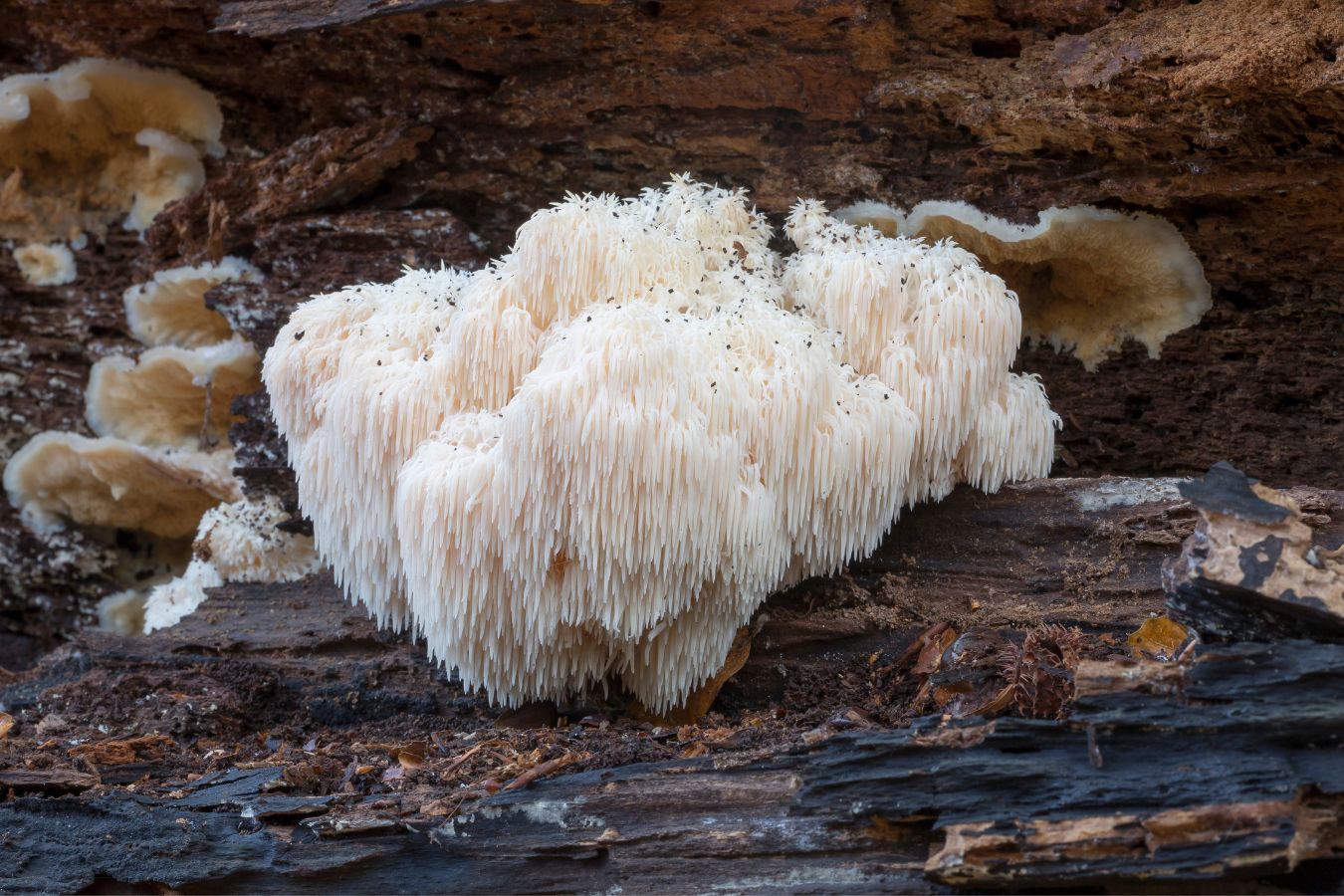Introduction
In today’s fast-paced world, attention-deficit/hyperactivity disorder (ADHD) has become increasingly prevalent, affecting individuals of all ages. While conventional treatments like medication and therapy are available, many people seek alternative approaches to managing ADHD symptoms. One such option that has garnered attention in recent years is Lion’s Mane, a medicinal mushroom revered for its potential cognitive and neurological benefits. In this article, we delve into the question of whether Lion’s Mane could be an effective natural remedy for ADHD.
Understanding ADHD: A Complex Neurodevelopmental Disorder
ADHD is a multifaceted neurodevelopmental disorder characterized by persistent patterns of inattention, hyperactivity, and impulsivity. It affects individuals across the lifespan, with symptoms often presenting in childhood and persisting into adulthood. ADHD can significantly impact various aspects of daily functioning, including academic performance, work productivity, and social relationships. While the exact cause of ADHD remains elusive, it is believed to stem from a combination of genetic, environmental, and neurobiological factors. Neurotransmitter imbalances, particularly involving dopamine and norepinephrine, play a central role in the pathophysiology of ADHD, contributing to difficulties in attention regulation, impulse control, and executive function.
What is Lion’s Mane?
Lion’s Mane, scientifically known as Hericium erinaceus, is a species of medicinal mushroom renowned for its potential cognitive and neurological benefits. With its unique appearance resembling cascading white icicles, Lion’s Mane has long been revered in traditional Asian medicine for its purported medicinal properties. Rich in bioactive compounds, including polysaccharides, beta-glucans, and hericenones, Lion’s Mane is believed to exert neuroprotective, neurotrophic, and anti-inflammatory effects within the brain. Its ability to stimulate nerve growth factor (NGF) production and enhance brain-derived neurotrophic factor (BDNF) activity makes Lion’s Mane a compelling candidate for supporting cognitive function and brain health.
The Potential Benefits for ADHD
- Cognitive Enhancement: Lion’s Mane may improve cognitive function, including attention, focus, and working memory.
- Neuroprotective Effects: It may protect against neurological damage and support overall brain health.
- Mood Regulation: Lion’s Mane could help stabilize mood and reduce ADHD-related symptoms of anxiety and irritability.
Mechanism of Action
Lion’s Mane exerts its effects on ADHD through various mechanisms:
- Nerve Growth Factor (NGF): It stimulates NGF production, promoting the growth, maintenance, and repair of nerve cells.
- Brain-Derived Neurotrophic Factor (BDNF): Lion’s Mane enhances BDNF levels, crucial for synaptic plasticity and cognitive function.
- Anti-inflammatory Properties: It reduces inflammation in the brain, which may alleviate ADHD symptoms.
- Antioxidant Activity: Lion’s Mane scavenges free radicals, protecting neurons from oxidative stress and damage.
Scientific Evidence
While research on Lion’s Mane for ADHD is limited, preliminary studies show promising results:
- Animal Studies: Animal models of ADHD have demonstrated improved cognitive function and reduced hyperactivity with Lion’s Mane supplementation.
- Human Studies: Although human research is scarce, early clinical trials suggest potential cognitive benefits of Lion’s Mane for ADHD, but more robust studies are needed.
Dosage and Considerations
Determining the optimal Lion’s Mane dosage for ADHD requires careful consideration:
- Dosage Range: Typical dosages range from 500mg to 3000mg per day, depending on the extract potency.
- Consistency: Choose a reputable brand with standardized extracts to ensure consistent potency and efficacy.
- Consultation with Healthcare Provider: Always consult with a healthcare provider before starting Lion’s Mane supplementation, especially if you have ADHD or other medical conditions.
Safety Considerations
While Lion’s Mane is generally considered safe, it’s essential to be aware of potential side effects and interactions:
- Potential Side Effects: Rare side effects may include digestive upset or allergic reactions.
- Drug Interactions: Lion’s Mane may interact with certain medications, so consult with a healthcare provider if you’re taking any prescription drugs.
- Quality Control: Ensure the product is sourced from reputable suppliers and undergoes rigorous quality testing to minimize the risk of contamination or adulteration.
The Future of Lion’s Mane for ADHD
While promising, more research is needed to fully understand Lion’s Mane’s efficacy and safety for ADHD. Continued scientific inquiry may reveal its potential as a natural adjunctive therapy for managing ADHD symptoms and improving overall cognitive function.
Conclusion
In conclusion, Lion’s Mane holds promise as a natural remedy for ADHD, offering cognitive-enhancing, neuroprotective, and mood-stabilizing properties. While further research is warranted to validate its effectiveness and safety, Lion’s Mane represents a potentially valuable addition to the arsenal of alternative treatments for ADHD. As always, consult with a healthcare provider before incorporating Lion’s Mane into your ADHD management regimen to ensure safe and effective use.
Reference: https://www.ncbi.nlm.nih.gov/pmc/articles/PMC10675414/

